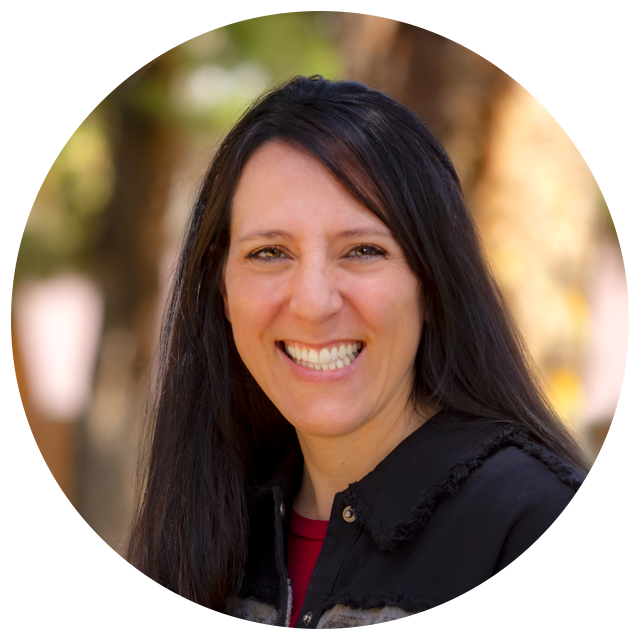Often, our objective in the fall as the year draws to a close is to lower our tax burden by spending and deferring.
I would argue that our objective should be more of a profitability mindset.
Yes, it’s important to plan ahead, be prepared, and be aware of your projected tax outcome for the year.
But a profit is a good thing.
Paying some tax is a good thing. It means that it was a good year, and a good year should be our goal.
There are definitely things that we can do to strategize our operations and time the income and deductions wisely. However, spending for tax purposes is not always wise. If your main goal each year is to avoid taxes, they can eventually catch up to your operation.
Paying taxes can be hard to swallow but keeping them reasonable and smart is a good move.
A profitable operation means more opportunities to grow. It means less stress on your family. It means more options for hiring to free up time for the things that are important to you.
We’ve all heard the saying to work smarter, not harder. This is becoming increasingly important to the next generation of agricultural producers.
As fall tax planning draws closer, remember that we shouldn’t let the tax tail wag the dog. Buying a piece of equipment you don’t need — to save 15% on taxes — isn’t a benefit. Managing the year’s outcome by prepaying necessary and ordinary expenses to keep your taxes reasonable is a smart move. So is being careful and aware if timing doubles up multiple calf crops or yearling sales into one year.
2023 is not a nationally declared drought year for many west river South Dakota counties. So, deferring may not be an option this year. Trying to spread your profit over several years is a wise plan. That way, you don’t see large losses in one year and big gains in another. Otherwise, your tax bracket can change, causing your tax rate to be high when your taxes come due.
Agriculture’s profitability can fluctuate because of outside forces we can’t control. But there are strategies to help alleviate that problem. Schedule J helps with averaging out your federal tax, but it doesn’t help with your self-employment tax. Planning the timing of income and deductions long before it becomes an issue can help. So can using tools such as an installment sale or contract for deed when selling land or raised cows.
Also, just because you’re paying taxes doesn’t mean they’re going toward your Social Security. Some producers make a profit each year, but the net profit is on the sale of breeding livestock, which is not Social Security taxable.
Paying some self-employment (Social Security) tax is a benefit for retirement planning. Those with a W-2 job are paying Social Security tax with each paycheck. But those who are self-employed don’t always pay Social Security tax. That can be a surprise when you retire.
There is an optional method that your tax preparer can elect so that you pay in Social Security tax each year. And sometimes, that can actually save you money because of an increase in other tax credits like the earned income tax credit.
If 2023 has been a good year for you, that’s great! Profitability is a good thing.
If you have questions about year-end tax planning, let us know.
LEAH HEIDLER
Shareholder and CPA

